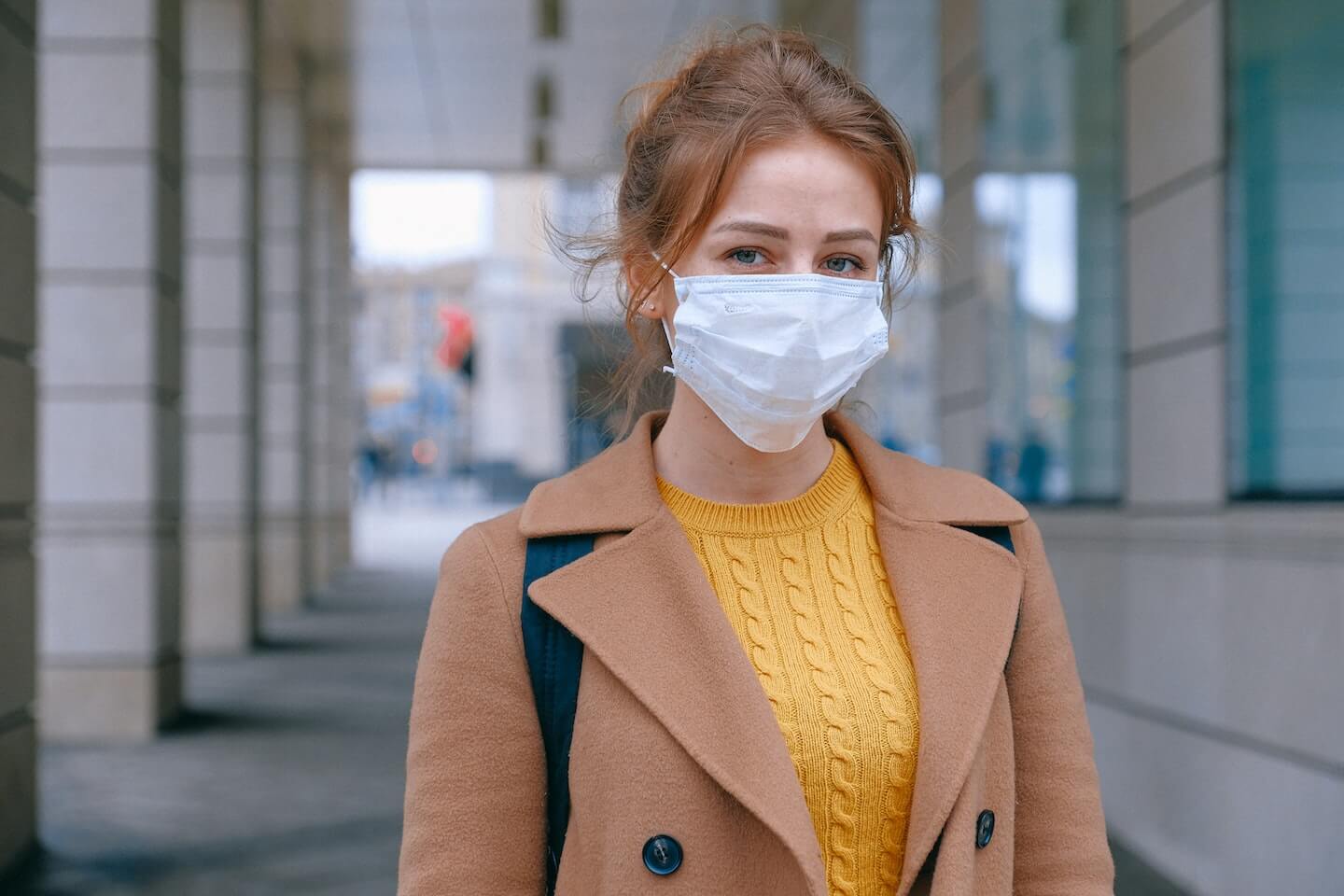
By Deena Robinson
It’s fair to say that the COVID-19 pandemic has thrown the world into a tailspin. Economies around the world have ground to a halt and hundreds of millions of people are being confined to their homes. It may be difficult to see past the current situation amid all the uncertainty, but there’s one question on everyone’s minds—what will the future look like post-virus?
Tourism
Flights have been cancelled and countries have imposed restrictions on international arrivals, which has had a staggering impact on the $880 billion global airline industry.
The World Travel and Tourism Council (WTTC) says that up to 50 million jobs in the global travel and tourism sector are at risk, with travel likely to fall by 25% this year.
The WTTC’s managing director, Virginia Messina, predicts that it will take up to 10 months for the tourism sector to return to its normal levels once the outbreak is under control. She calls on governments to remove or simplify visas wherever
possible and cut travel taxes once the epidemic is under control.
Forbes predicts that international travel will fall out of favor as travelers will want to stay closer to home, and that they’ll make their trips shorter—a two-week summer vacation will turn into a long weekend, it says.
Others in the industry expect a quick rebound of the sector. John Lovell, president of leisure travel and supplier relations and networks at Travel Leaders Group, says, “Travel and tourism is a highly resilient industry that has come back again and again from diseases and natural disasters.”
It is also likely that once destinations are given the “all clear” signal, they will begin an aggressive recovery program that will most likely involve discounts until the sector is bolstered to pre-pandemic levels.
Consumption Patterns and Consumer Behavior
Consumer behavior has radically altered as the world has retreated into “survival mode,” fearful of spending money lest they lose their jobs.
This may not be the worst thing. Marketing experts agree that consumer spending will most likely go back to normal eventually, but consumers will likely be more discriminating in how they spend their money. They may choose to dine in restaurants instead of ordering takeout, spend money on experiences over things, and support local businesses over giant corporations. Community gardens may also become more popular as a way to ensure a sustainable source of food.
As consumers are reluctant to open their wallets, this may open the door to a shift in the mass consumption culture that has resulted in a climate of immediate gratification and swollen landfills.
However, as shopping moves online, it is vital that retailers prepare for this new world, bolstering recycling efforts and investing in packaging materials that are less harmful for the environment. It is likely that consumers will be more likely to support those brands that reacted positively to the pandemic, and this mindset will no doubt continue once it’s over.
Working Lives
The cubicle office may become obsolete, as millions of people have moved their work online. Collaborative technologies like Zoom, Slack and Google Doc sharing have shown that it is possible to work remotely; more companies are establishing
systems that enable staff to work from home, which is likely to persist once the pandemic subsides.
If proximity to one’s job is no longer a significant factor in deciding where to live, then we could be heading towards a world in which existing city centers and far-flung “new villages” rise in prominence, while traditional commuter routes fade away. This shift would lead to decreased emissions, from the industrial activities needed to maintain roads and transport infrastructure, and from having fewer cars and buses on the road.
Greenhouse Gas Emissions
Drastic measures taken by governments around the world to contain the virus testify to how much government can accomplish in a short amount of time.
Despite the constant coverage of COVID-19 (rightly so), the climate crisis will not wait its turn to be the topic of conversation again. Emissions consistent with keeping
global warming to 1.5 degrees Celsius will have been used up by 2030. Tackling the climate crisis will require governments to take further drastic measures; they must
react with the same urgency to the climate crisis as they have with the pandemic.
The pandemic has revealed a drop in greenhouse gas emissions and improved air quality over China, Italy, and other parts of Europe since the outbreak; in February, during the peak of the outbreak in China, the nation’s carbon emissions dropped by about 100 million tons, accounting for roughly 6% of global carbon emissions.
However, some countries have used this pandemic to further their agendas. The U.S. Environmental Protection Agency announced that it will not punish violations of pollution regulations as long as companies can link these violations to the pandemic, and China’s environmental ministry has started waiving inspections that assess the environmental impact of industrial facilities.
There is no doubt that COVID-19 will change the world as we know it. Humans are remarkably flexible, but how well we adapt to these changes depends on personal resilience, global cooperation and empathy. We may never know “normal” again,
but we can create a new one.
Keep up with all of Green Living’s content by visiting our website.
Deena Robinson was born and raised in South Africa, before making the move to Hong Kong as managing editor at Earth.org. In her spare time, she loves finding obscure hiking trails and restaurants and is an avid beachgoer.








Good article.